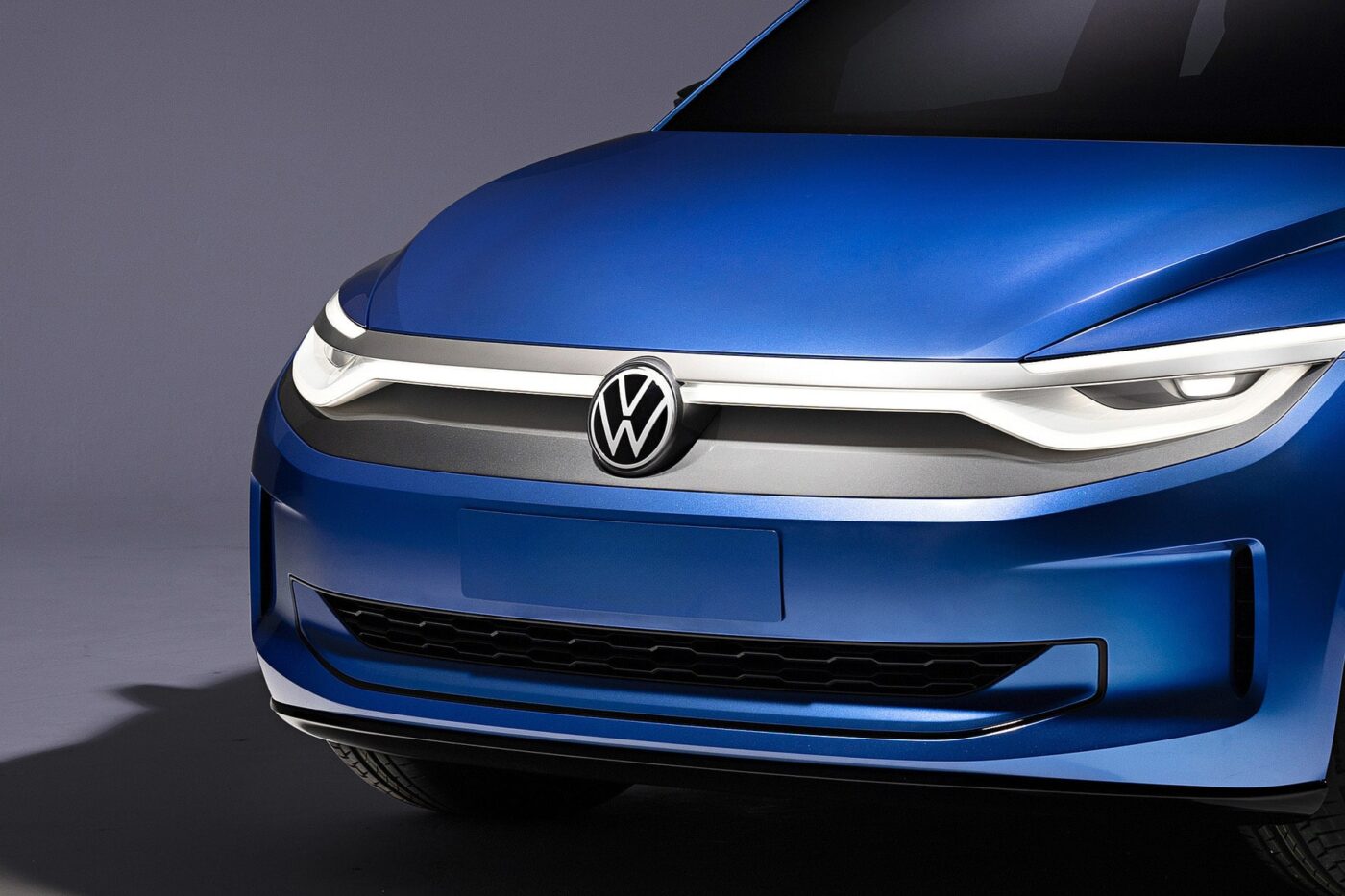VW to develop platform for affordable EVs for China
The development was reported by the German publication Handelsblatt, citing Ralf Brandstätter, head of the country. There is also already a concrete timetable: From 2026, four additional electric models with a price range of the equivalent of 18,000 to 22,000 euros are to be launched on the Chinese market.
That would be considerable, given that we are already at the end of 2023 – so there are only three years left to develop the platform and models Brandstätter had promised. The VW brand in Europe – even under the then COO and later CEO Brandstätter – has a rather complicated history when it comes to developing an affordable electric car. The series version of the ID.2all concept is due to be presented in 2025 and will then start at just under €25,000 – presumably with an LFP battery in the basic version. However, it is still an announcement, and not yet a finalized model. Brandstätter’s successor at the helm of the brand, Thomas Schäfer, had held out the prospect of an even cheaper model for around 20,000 euros for “2026, 2027”.
In China, things are now set to move much faster – independently of the Group’s existing platforms. According to the report, the new electric platform is to be developed by the subsidiary Volkswagen China Technology Company (VCTC) in Hefei in eastern China. The development time there should be a third faster than in the West and the costs a third lower, according to the Handelsblatt. The VCTC will primarily focus on the local market: 95 per cent of the vehicle parts for the new models will come from China. This will therefore also affect the drive system and the battery. For the latter, the VW unit cells with LFP chemistry from VW’s partner Gotion are considered to be the set choice.
In China, Volkswagen has not been able to transfer its long-time market-leading position from the world of combustion engines to electric mobility. When it comes to electric cars, VW is only lagging behind the competition in China. The Handelsblatt quotes statistics from the data service provider Marklines that the Wolfsburg-based company’s electric car sales in the world’s largest car market in the first three quarters of 2023 were almost 16 per cent below the level of 2022 in the same period – and VW sales were not exactly at a record level in 2022.
Brandstätter wants to counteract this with the new platform – and in view of the desolate situation, has apparently received approval from the Group’s top management for the China-exclusive solution. According to the report, VW did not specify the size of the budget for the new platform. Later, at an as yet undefined time, the platform, which is initially only intended for China, could also be used in other markets, and if the technology proves to be competitive, it would be open to everyone.
Six China models complement MEB portfolio
VW is not only relying on its own technology in the race to catch up in China. The German company further agreed on a close partnership with Xpeng in the summer. Like the four affordable electric cars based on the new platform, two electric mid-range models from VW are also to be launched on the market in 2026, which are to be developed jointly with Xpeng as part of that agreement. The six China-specific models will then complement the MEB series and ensure increasing sales – which also suggests that VW itself assumes that the new models will be more attractive to Chinese customers than the MEB vehicles.
Incidentally, VW has also adjusted its China targets. As the Handelsblatt writes, the Wolfsburg-based company is no longer striving for market leadership in China – instead, it wants to be “only one of the three largest car manufacturers in China and the largest international manufacturer in the Asian country”.





0 Comments